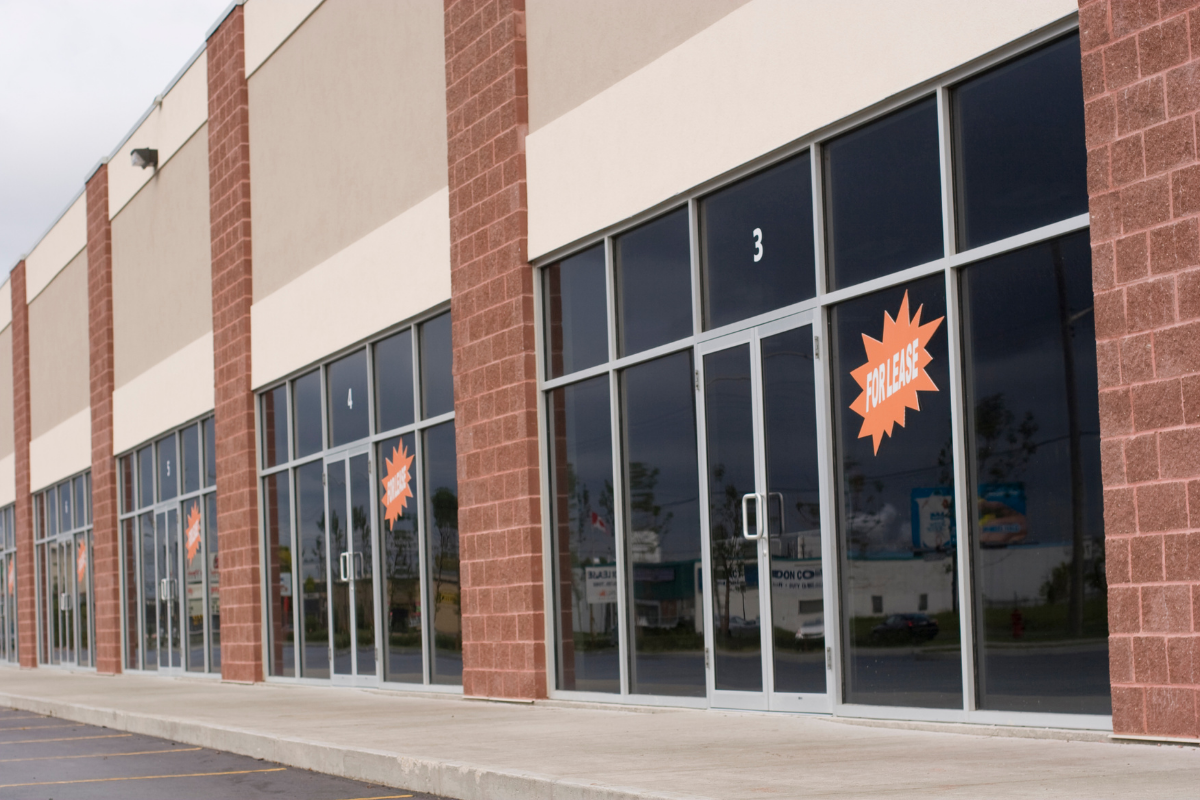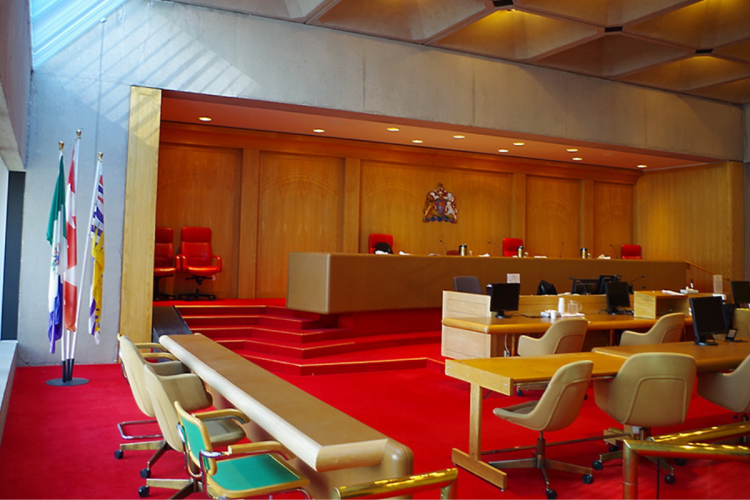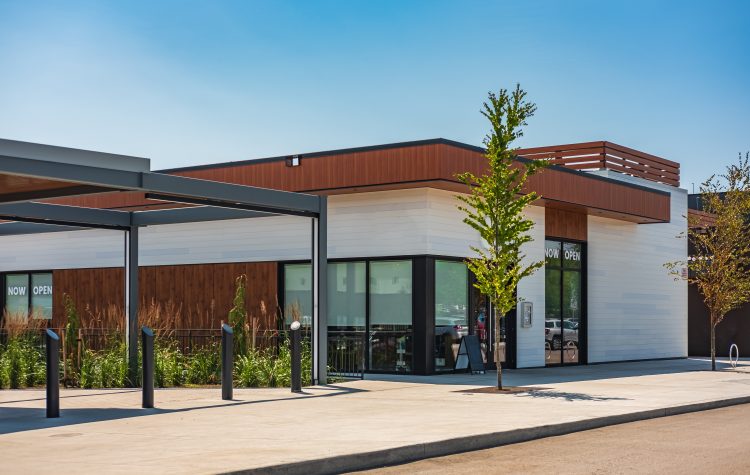Looking for a new space? Key considerations in commercial leasing

In the post-COVID-19 business environment, change is constant.
For many organizations, the current climate presents an opportunity to reassess strengths, weaknesses and future strategy – including whether their commercial space continues to serve current and long-term needs.
Sometimes this means scaling up or down, and sometimes it means re-evaluating whether location itself could improve relationships with customers, suppliers or distributors. While purchasing or selling commercial real estate is one option, leasing is sometimes the more practical path.
A commercial lease, whether simple or complex, is the product of negotiation between landlord and tenant. The right location matters for any business – but so do the terms of the lease. Clear, well-defined terms are essential to fostering a strong, lasting landlord-tenant relationship.
Here are three key areas, along with practical questions and considerations, that prospective tenants and landlords should consider and discuss before finalizing a commercial lease.
1. State of the leased premises
Understanding the condition of the premises at the outset is critical. Some tenants may be ready to move into a finished space, while others require significant improvements—or even a custom-built property. In such cases, tenants and landlords should carefully discuss and agree upon allowances, responsibilities and permissions to ensure expectations are aligned before possession.
Questions to ask:
- If an existing building is part of the leased premises:
- will improvements be made before possession? Who is responsible for the work?
- If no building exists:
- will a building be constructed for one tenant? If so, what customization is allowed?
- will there be multiple units constructed? If so, what opportunities and restrictions exist for customization?
2. Types of lease
Commercial leases typically fall into two main categories:
Gross Lease: Tenant pays a fixed monthly amount; landlord covers most operating costs (insurance, taxes, maintenance, repairs, etc.). One of the benefits of a Gross Lease is it generally limits a tenant’s responsibility with respect to the costs of operating the leased premises and the building and land it forms part of. Given this allocation of responsibility, one of the trade-offs is that a tenant may generally expect a higher monthly rent to account for the landlord assuming these responsibilities.
Triple Net Lease: Tenant pays a lower fixed rent plus their share of operating costs relating to the leased premises. One of the benefits of a Triple Net Lease is that a tenant may generally have to pay less in fixed monthly rent payments to a landlord than it otherwise may be responsible for under a Gross Lease. However, in a Triple Net Lease, the tenant may assume the responsibility of potentially unforeseen costs relating to the leased premises, which may result in greater costs than it otherwise would be responsible with a Gross Lease. In short: Rent may be cheaper upfront, but tenants assume greater risk of variable and unforeseen expenses.
Questions to ask:
- Who is responsible for improvements, repairs, maintenance and other operating costs?
- Should the lease be structured as a Gross Lease or a Triple Net Lease?
3. Length of the lease
Landlords and tenants typically negotiate a lease with different priorities in mind. The ideal term often balances landlord stability with tenant flexibility. Landlords often (but not always) prefer longer terms, while tenants may prioritize the ability to pivot. Renewal and termination provisions are crucial to avoid misunderstandings down the line.
Questions to ask:
- What is the duration or term of the lease?
- Is there an option to renew? If so, on what terms?
- What are the abilities for the parties to terminate the lease?
Other terms
Beyond these fundamentals, many other provisions shape a successful lease. Early and open discussion between landlords, tenants and their advisers helps establish common ground – paving the way for a lease that supports both parties and a relationship that thrives well beyond signing day.
The MLT Aikins commercial real estate practice group has extensive experience assisting in the purchase sale and leasing of commercial real estate and providing advice in relation to and the preparation of commercial leases. Please contact one of our lawyers to learn more.
Note: This article is of a general nature only and is not exhaustive of all possible legal rights or remedies. In addition, laws may change over time and should be interpreted only in the context of particular circumstances such that these materials are not intended to be relied upon or taken as legal advice or opinion. Readers should consult a legal professional for specific advice in any particular situation.




